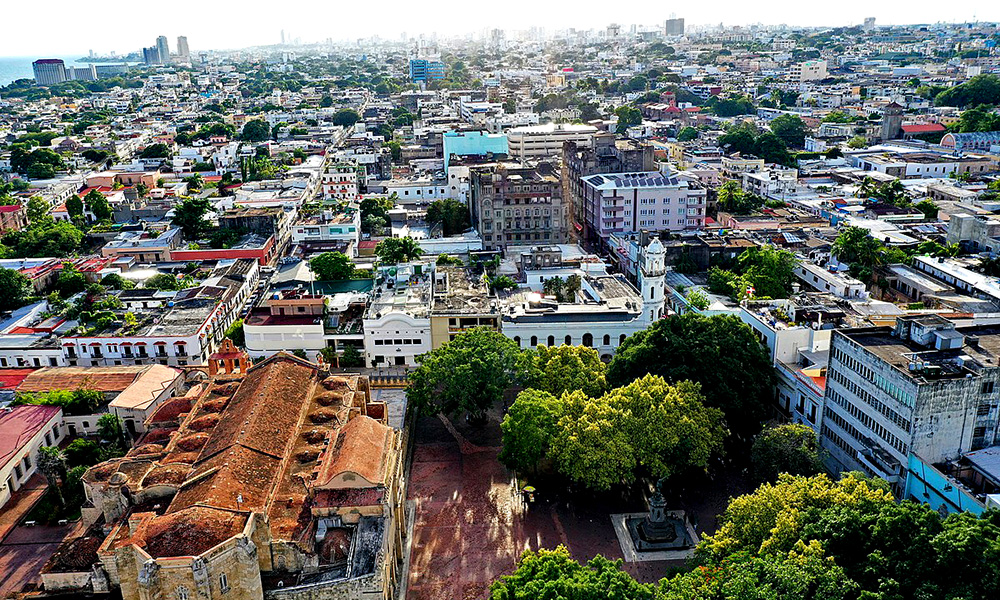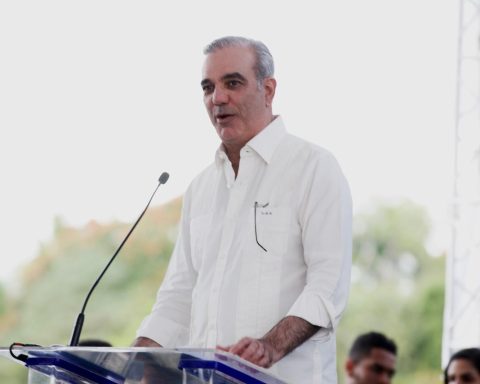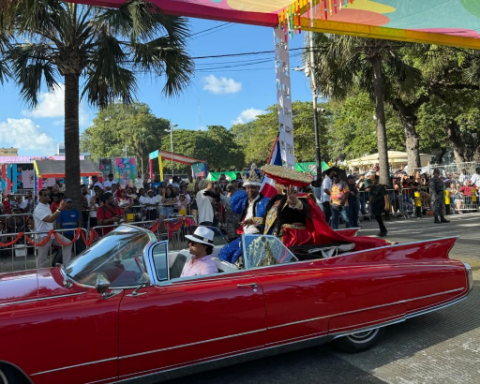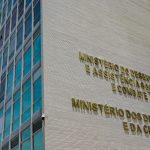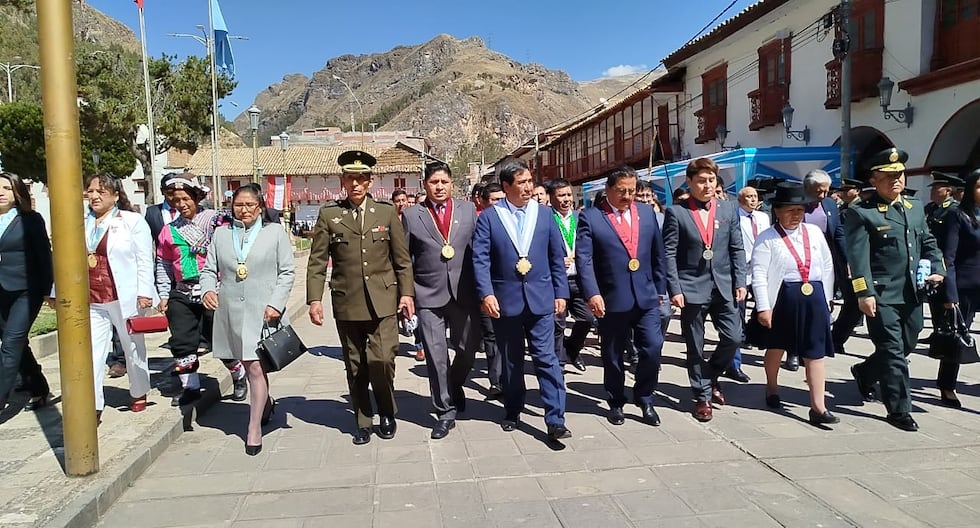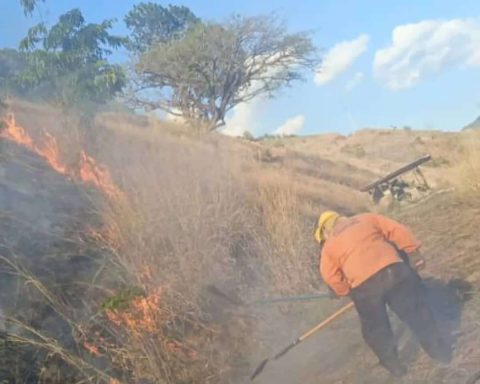Santo Domingo, also known as the first city of the New World, was founded by Bartholomew Columbus on the eastern bank of the Ozama River on August 5, 1496, and over the last 528 years has experienced an increasing historical, cultural, population and economic development.
The origins of the development of “Quisqueya” (in Taino, “mother of all lands”) date back to the government of Nicolás de Ovando and Diego Colón, son of Christopher, after they moved the city in 1502 to the western bank of the Ozama River, today the Colonial Zone, and began to build some of the buildings that are still part of the capital.
The city of Santo Domingo is characterized by its cheerful people, who reflect their diversity through art and culture. Historically, it began to be described, four years after the discovery of the island by Christopher Columbus in 1492, as the city where the first cathedral, the first hospital, the first university and the first customs house on the American continent were built.
The colonial city was also built according to a checkerboard layout that served as a model for almost all urban planners in the New World. This is why this area of the city is the oldest and one of the most beautiful in America. It stands out in the panorama of Caribbean cities for its history and the richness of its architectural and cultural legacy.
It is worth highlighting that these characteristics were the reason why in 1990, the United Nations Educational, Scientific and Cultural Organization (UNESCO) declared the Colonial City of Santo Domingo a World Heritage Site.
Furthermore, 11 years after this recognition, the Congress of the Republic approved through Law 163-01 the separation of the province of Santo Domingo from the National District and the city was named Santo Domingo de Guzmán, capital of the Dominican Republic.
Before these recognitions, another historical fact worth highlighting is that for 25 years Santo Domingo was called “Ciudad Trujillo” in honor of the dictator Rafael Leónidas Trujillo, but after his execution it returned to its original name.
Population and limitation
Santo Domingo has a population of 3 million 798 thousand 698 people, which represents 35.2% of the country’s inhabitants, according to the basic report of the X National Population and Housing Census, carried out by the National Statistics Office (ONE) in 2022.
As for the boundaries of the first city of the New World, to the north is the province of Monte Plata, to the east it borders San Pedro de Macorís, to the south the Caribbean Sea and to the west San Cristóbal.
Cultural development
During its 528 years of history, the city of Santo Domingo has generated a great historical and cultural wealth, the product of the fusion of Spanish, African and Taino cultures. This amalgamation is evident in Dominican cultural manifestations, and most evidently in its music and gastronomy.
An example of this is the typical merengue, which is the Dominican musical rhythm that synthesizes the three cultures that make up the Dominican idiosyncrasy. On November 30, 2016, UNESCO declared it Intangible Cultural Heritage of Humanity.
Economic development
The city of Santo Domingo is one of the provinces with the greatest industrial and commercial activity, which are very diverse sources of work for the majority of its inhabitants.
This has allowed the Dominican Republic’s gross domestic product (GDP) per capita to reach US$11,200 by the end of 2023, placing us as a middle-income economy and the seventh largest in Latin America and the Caribbean in the last two decades.
This ogre was obtained because in the last seven years, the Ozama region, which includes the province of Santo Domingo and the National District, was the one with the highest average participation in the national GDP, with 40.7%, according to the “Regional GDP results report of the Dominican Republic 2015-2022” of the Ministry of Economy.
Santo Domingo during 2015-2022 was the city with the highest production of goods and services in the country with 462,774 million pesos.
One of its first streets
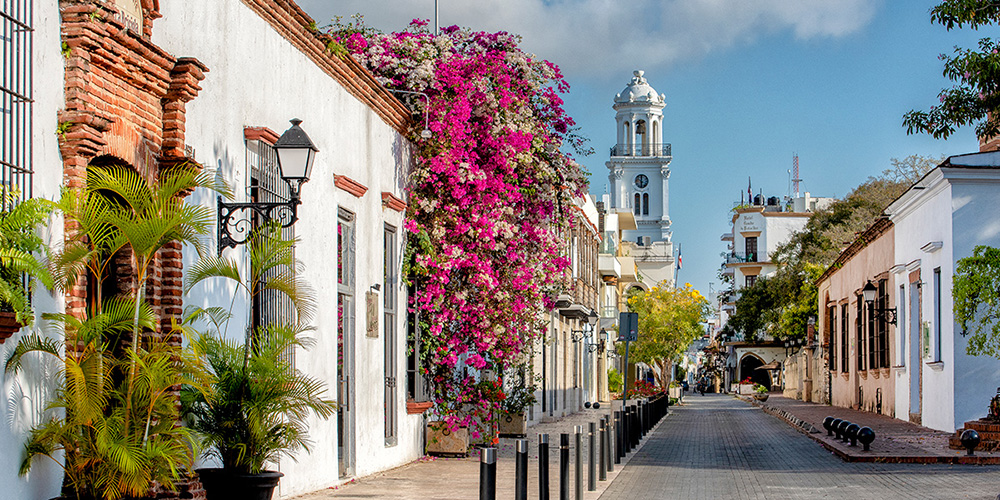 |
It is an iconic avenue of the Colonial Zone, where the Cathedral of the Primate of America and the city hall are located. Archbishop Meriño Colonial city |
